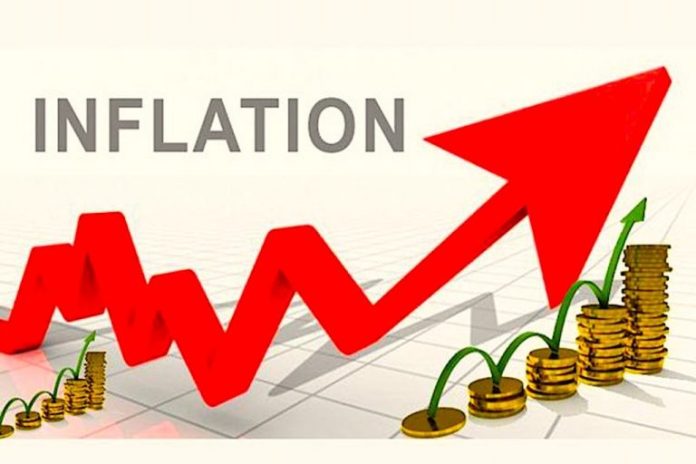Nigeria’s inflation rate is forecast to decline to 27.1% by December 2025, signaling potential relief for businesses and consumers grappling with prolonged economic pressures.
This projection was revealed in the latest NESG-Stanbic IBTC Business Confidence Monitor (BCM) report, which credits structural reforms for the anticipated easing, despite persisting challenges.
The report highlights that inflation has been a dominant economic challenge, with fuel price hikes and currency depreciation driving costs across sectors. Inflationary pressures peaked in 2024 following the removal of fuel subsidies and the liberalisation of the foreign exchange market.
However, the BCM projects a gradual reduction in these pressures throughout 2025. It anticipates headline inflation to remain high during the first three quarters but predicts a significant decline in the fourth quarter, averaging 30.5% for the year and settling at 27.1% by year-end.
“Headline inflation is expected to stabilise below 30.0% from September 2025 as high petrol costs ease out of the year-on-year calculation, provided there are no unforeseen shocks to fuel prices,” the report stated.
The easing inflationary trend is likely to influence monetary policy. The report suggests that the Central Bank of Nigeria’s Monetary Policy Committee (MPC) may adopt a more accommodative stance in late 2025, potentially lowering interest rates to boost economic activity.
Business activities showed modest recovery in December 2024, driven by seasonal festive demand. The Current Business Performance Index rose to +0.77, a marked improvement from -2.74 in November, representing the first positive reading since September 2024.
Agriculture emerged as the top-performing sector, with a net balance of +13.93 due to heightened harvest activities and increased demand for produce. Non-manufacturing industries also recorded resilience with a net balance of +5.80. Conversely, manufacturing, trade, and services sectors faced significant hurdles.
The Future Business Expectation Index, reflecting optimism about upcoming business conditions, stood at +28.61 in December 2024, slightly lower than November’s +33.17. While the decline indicates cautious optimism, businesses are hopeful for improvements in agriculture, manufacturing, and non-manufacturing sectors in Q1 2025.
The report identified several factors dampening business optimism, including high operational costs, exchange rate volatility, power outages, and reliance on expensive alternative energy sources. Additionally, insecurity, limited access to financing, and cumbersome tax regulations remain critical barriers to growth.
Despite these challenges, access to credit improved slightly in December, with a net balance of +8.25, although high borrowing costs continue to constrain investments.
Looking ahead, Nigeria’s GDP is projected to grow by 3.5% in 2025, up from an estimated 3.2% in 2024. The growth will likely be driven by improved performance in agriculture, manufacturing, and non-manufacturing sectors, supported by easing inflation and exchange rate stabilisation.
The NESG-Stanbic IBTC report offers cautious optimism, underscoring the importance of sustaining structural reforms and addressing key bottlenecks to ensure long-term economic recovery.













